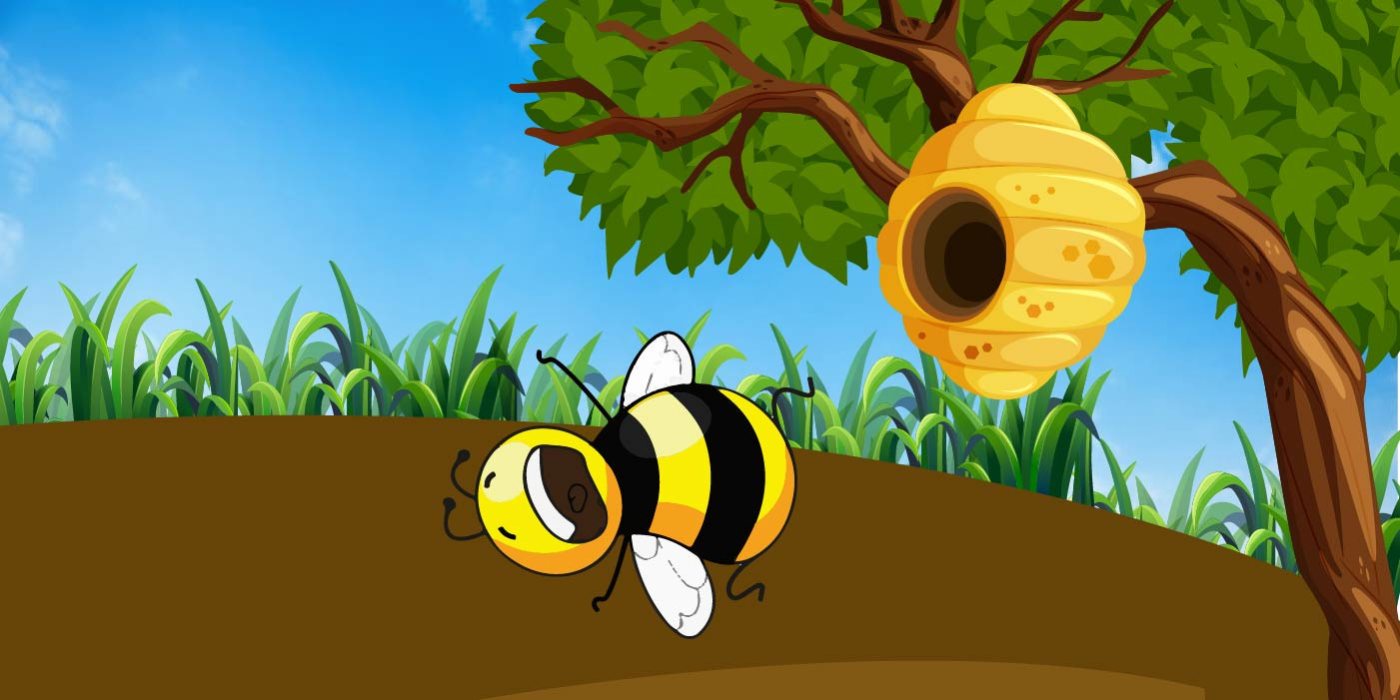
Declining Lifespan of Bees | Implications for Colony Collapse
Bees, those industrious pollinators responsible for sustaining our ecosystems, are facing a troubling phenomenon: a significant decline in their lifespan. In recent years, studies have suggested that the average lifespan of bees has been cut in half compared to what it was 50 years ago. This alarming trend raises concerns about the health and stability of bee populations, as well as the potential implications for our environment. In this blog post, we will delve into the research and evidence surrounding this issue, exploring the potential causes and implications of the declining lifespan of our bees friends.
Research conducted by Anthony Nearman and Dennis vanEngelsdorp at the University of Maryland has shed light on the decline of bee lifespan over the past five decades. In the 1970s, worker honeybees raised in controlled environments had a median lifespan of 34.3 days. However, according to Nearman and vanEngelsdorp's study, that figure has now plummeted to 17.7 days. This significant decrease in lifespan has caught the attention of researchers and beekeepers alike, raising questions about the causes and potential consequences of this phenomenon.
Causes and Factors Influencing Bee Lifespan
Several factors contribute to the declining lifespan of bees. One potential factor is the increasing prevalence of diseases and pathogens. Bees face various threats, including viruses, parasites, and fungal infections. Over time, these stressors have likely become more virulent, leading to increased mortality rates and shortened lifespans among bees.
Another factor that might impact bee longevity is the use of pesticides and other agricultural chemicals. Pesticides, such as neonicotinoids, have been linked to adverse effects on bee health, including impaired immune systems and reduced lifespan. The exposure of bees to these chemicals can occur through contaminated nectar and pollen, further compromising their overall health and resilience.
Habitat loss and changes in foraging patterns also contribute to the decline of bee lifespan. As natural habitats shrink and floral resources become scarce, bees may face nutritional deficiencies, which can weaken their immune systems and make them more susceptible to diseases and other stressors. Climate change, with its associated shifts in temperature and precipitation patterns, can further disrupt bee foraging and nesting habits, exacerbating the challenges they already face.
The Implications of Declining Bee Lifespan
The declining lifespan of bees carries significant implications for ecosystems and food production. Bees are vital pollinators, responsible for the reproduction of numerous plant species, including many of the crops we rely on for food. A decline in bee lifespan can disrupt pollination services, potentially leading to reduced crop yields and compromised biodiversity.
The health and longevity of individual worker bees directly impact the overall health and stability of honeybee colonies. Shorter lifespans among worker bees can result in reduced colony strength and productivity, making them more vulnerable to environmental stresses and potential colony collapse. The decreased lifespan of bees can contribute to higher rates of overwinter and annual colony losses, further threatening the viability of bee populations.
Protecting bee populations and reversing the decline in their lifespan requires collective efforts and multidimensional approaches. Implementing sustainable farming practices that reduce the use of pesticides and promote biodiversity can create healthier environments for bees. Additionally, preserving and restoring natural habitats, such as meadows and wildflower patches, can provide crucial forage resources for bees. Education and awareness are essential in promoting bee-friendly practices among individuals and communities.



Leave a comment